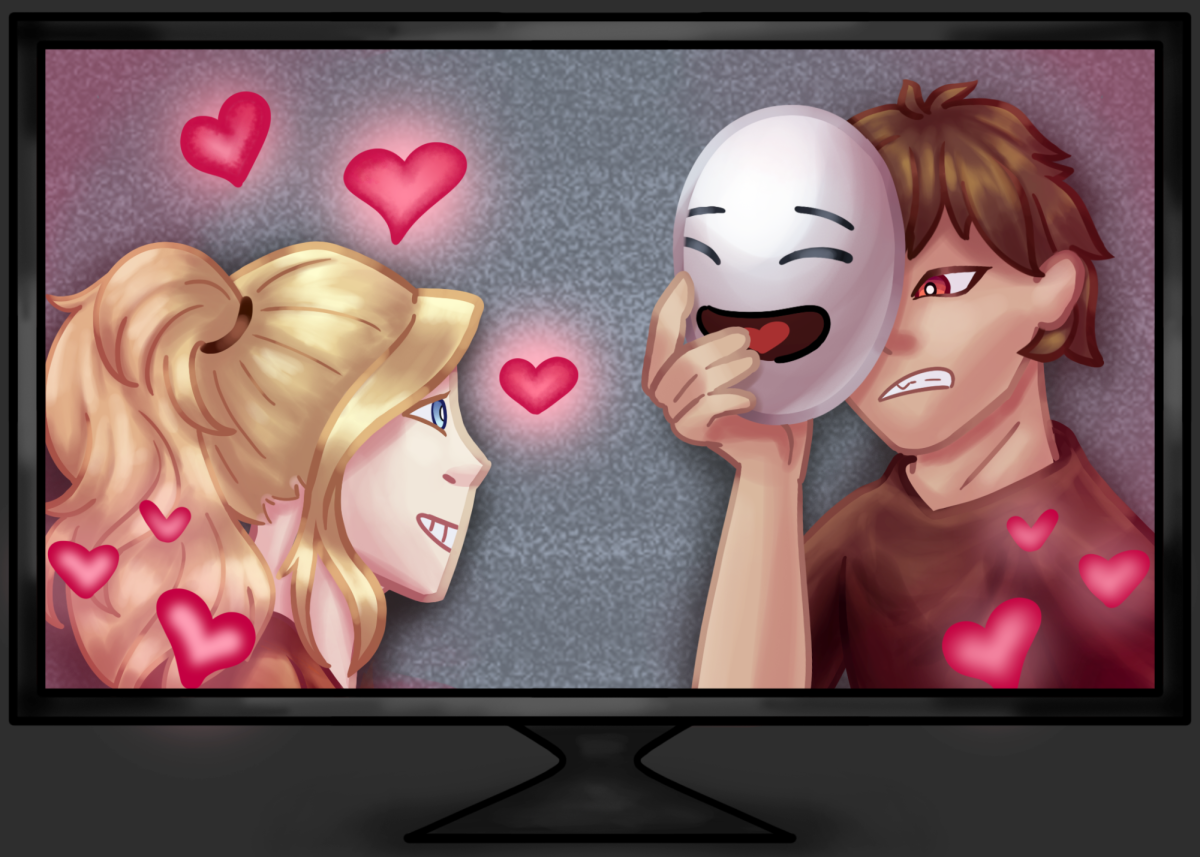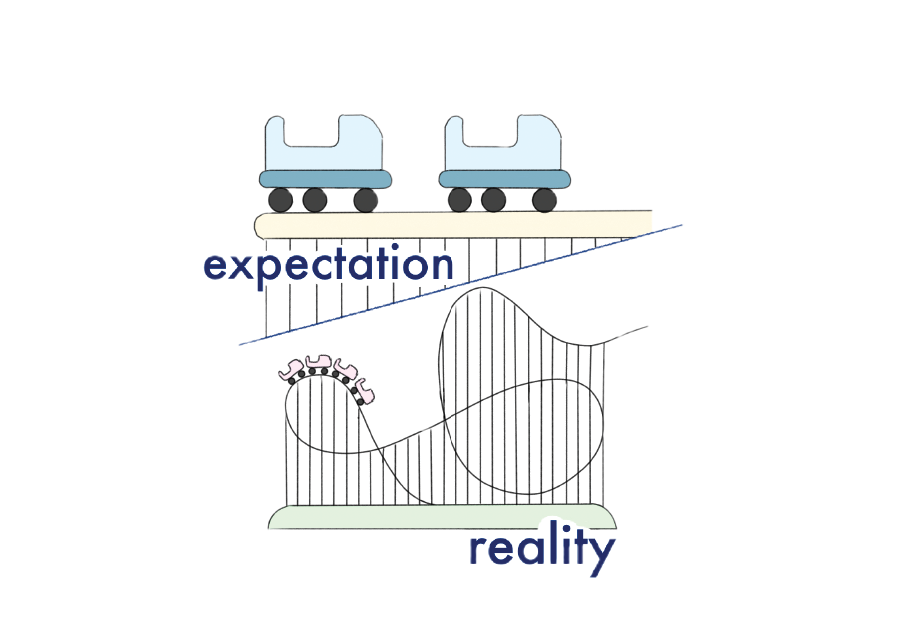Let Cupid Live – by Alexa Muñoz
I have Valentine’s Day plans this year. And this is not the beginning of another malicious anti-Valentine’s Day scheme from the sagacious singletons, nor a selfish attempt at reclaiming the holiday in the name of feminism.
Simply put, my plans are to appreciate the day for what it is…but what even is Valentine’s Day?
Historians believe the holiday holds origin in the Roman fertility festival Lupercalia, which was converted to St. Valentine’s Day after Pope Gelasius I forbade the celebration. According to a common legend, St. Valentine’s feast day is associated with romance because he secretly married couples to spare the husbands from war and separation from their wives, all in the name of love (and rebellion against the emperor’s orders).
While Valentine’s Day has recently expanded to include the celebration of love between friends (Galentine’s Day) and family, it seems the holiday’s haters struggle most with accepting its innocent historical intent and resort to bashing the idea altogether. When I say “haters,” I exclude the singles who admittedly find Valentine’s Day alienating or see it as a reminder of their loneliness. I refer mainly to those who believe they are “above” Valentine’s Day – those who think every day should be a celebration of love or those who think they don’t need a day to remind them that they love their partner.
Let’s take the most common reason for hatred: the holiday’s crass consumerism. Yes, the holiday has probably boosted the flower and teddy bear and chocolate markets; but who says these are the only ways to express our love? According to the University of Alabama Birmingham Medicine, physical demonstrations of affection can improve some health factors and reduce risks of heart disease — and according to me, these cost-efficient demonstrations of love can also help your relationship more than any Hallmark card can!
Feeling the touch of a human activates areas of the brain that handle empathy, emotions and certain social behaviors, stimulating positive responses that strengthen bonds. And what’s so wrong with a holiday that reminds us to spend time bettering ourselves and our connections to other humans? After all, our calendars are filled with special days that remind us to spend time on something — so why not take 24 hours to acknowledge each other?
With my new plan in mind, I want to bring back the days of crafting valentines for our classmates. At the height of the academic season, we sometimes forget to appreciate our loved ones, and making valentines doubles as a stress-relieving, good-for-the-soul activity and an awesome way to celebrate love.
While I once was the girl who hated Valentine’s Day and didn’t subscribe to the so-called outdated, narrow-minded views of romance, the holiday has made its way into my heart — and Cupid’s here to stay.
Romance Requires Resilience – by Danya Risam-Chandi
The minute Jan. 1 is over and done, a ludicrous plethora of over-emphatic teddy bears, supersized chocolate hearts and balloons begging you to “be their valentine” suddenly descend on supermarkets, stores and all public spaces previously considered habitable. No longer can you string along that guy that you just might be interested in.
Suddenly, you are faced with a choice: to be or not to be, to love or not to love, to become one half of an overenthusiastic couple or a unloved, hopeless single.
Valentine’s Day creates a month-long atmosphere of loneliness, or for those of you in premature relationships, unreasonable expectations surrounding your romance, which will undoubtedly be crushed by Feb. 14.
So, why do we cling to this ridiculous charade? Perhaps, it is out of a need for performative love. As teenagers, we feel social pressure to engage in romantic relationships and thus, fall prey to the Valentine’s Day narrative that has been shoved down our throats since elementary school.
This holiday, which forces young lovers to measure their relationship with trivial gifts like flowers and chocolate, indoctrinates them with a false narrative: that a true romantic relationship can be encapsulated by the events of a single day.
After reading this far, you might think I do not believe in romance and that I am some unfeeling person who does not value relationships or love. In reality, it is just the opposite. I believe that placing the weight of a relationship on one holiday takes the beauty out of the small gestures that should abound in long-term relationships. What about the time they refilled your car tires before you even asked? That time they brought you snacks after finals? The little text they wrote you in the middle of the day?
A significant other who truly values your presence in their life should make that known 365 days of the year, as should you. This holiday allows us to accept the bare minimum when it comes to gestures of love and appreciation, placing the expectations of an entire year onto one overhyped and disheartening day.
In an anonymous survey of Dallas high school students, sixty-six percent admitted to feeling societal pressure to celebrate Valentine’s Day. Instead of forcing love onto high schoolers, Valentine’s celebrations should also encourage celebrating platonic relationships. Galentines, a celebration of female friendship, should be highlighted by the media, just as much, if not more than romantic relationships.
Think about it, if, instead of stalking couples relationship posts, or wistfully watching romantic comedies, singles across America celebrated their friends and felt satisfied without a romantic partner, then who would care enough to buy those roses, eat the cheap chocolate, or flaunt their new relationship?
Large corporations profit off our dissatisfaction. If they convince us that there is some perceived “hole” in our lives, we are more likely to buy their meaningless trinkets in the search to feel loved. We are also more likely to run to find love, hoping that by finally having a “valentine,” our loneliness will somehow evaporate.
Let’s get this straight: no product, post, or gift will ever satisfy us. The only thing that will end this loop, is finding satisfaction with our lives every day, with or without a partner.
Valentine’s Day does not exist to celebrate love. Instead, it profits off its destruction.












